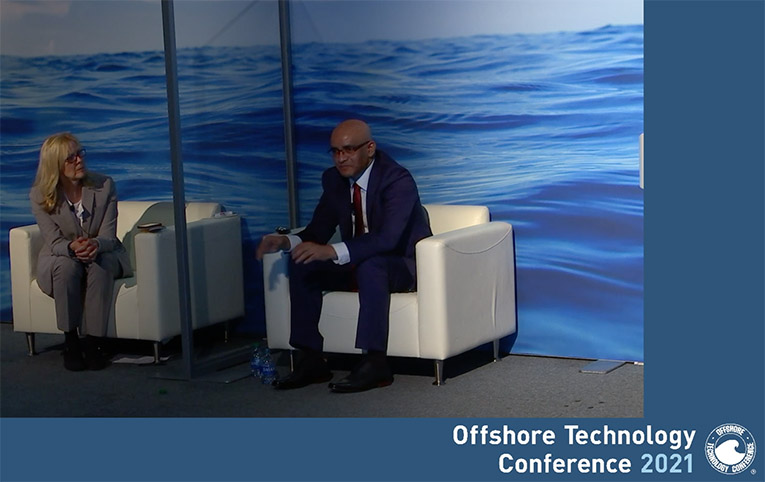Guyana, a tiny country in South America, is rising as a hot spot for oil projects; and it is seeking to increase oil royalties and revamp other contract terms, as part of a new profit-sharing agreement (PSA) for future crude and gas projects; said Bharrat Jagdeo, country’s Vice-president on the second day of the Offshore Technology Conference.
Firstly, indeed, after the recent discovery of a huge oilfield off the coasts of Guyana, the country has risen as a hot-spot for oil projects; as we reported previously, back on July, ExxonMobil, in consortium with Hess Corp, and China’s CNOOC, discovered the Whiptail oilfield.
Secondly, the discovery is just the most recent of a series of oilfield discovered off the coasts of Guyana, on the Stabroek Block; and them all are serving as a basis for future developments in the area.
Thirdly, as development opportunities increase in the region, Guyana expects this year to install an energy regulatory body, in order to give certainty to operators; it will also disclose the winner of a one-year contract to market of oil production from the prolific Stabroek block, this very month; according to Jagdeo.
Also recommended for you: Reducing time and risks, key for a transitioning subsea sector: OTC. Click here to read.
Guyana to deploy low carbon solutions and carbon tax for safe and cost efficient operations
Moreover, this new PSA will be stricter than the one signed with ExxonMobil, and will be ready within a six months period, said Jagdeo. “We have made it clear that in any new PSA we negotiate for those blocks; the conditions will be very, very different than the ones from the Stabroek block.” He remarked the new contracts will include higher royalties and mechanisms for deducting costs from investment.
In addition, and considering the climate change context, the rising oil industry in Guyana will add low carbon solutions. Jagdeo said to this regard. “We have been called to leave our oil in the ground. However, we will develop our oil industry; putting in place regulations for safe, low carbon operations.”
Furthermore, the politician remarked that the rising oil industry in Guyana will implement financial and capital discipline; so that the proceeds from the oil producing projects are invested in non-oil economy. “That will give us sustainability in the long run. We will growth in agriculture, the tourism sector, and overall Guyana’s economy expansion.”
Finally, about decarbonization efforts, the Politian made clear that oil projects and therefore the contracts will have a strong ESG component; specially for rapid development; safe oil extraction, and the implementation of new technologies. “We will build a carbon tax, and externalities of our oil.”


